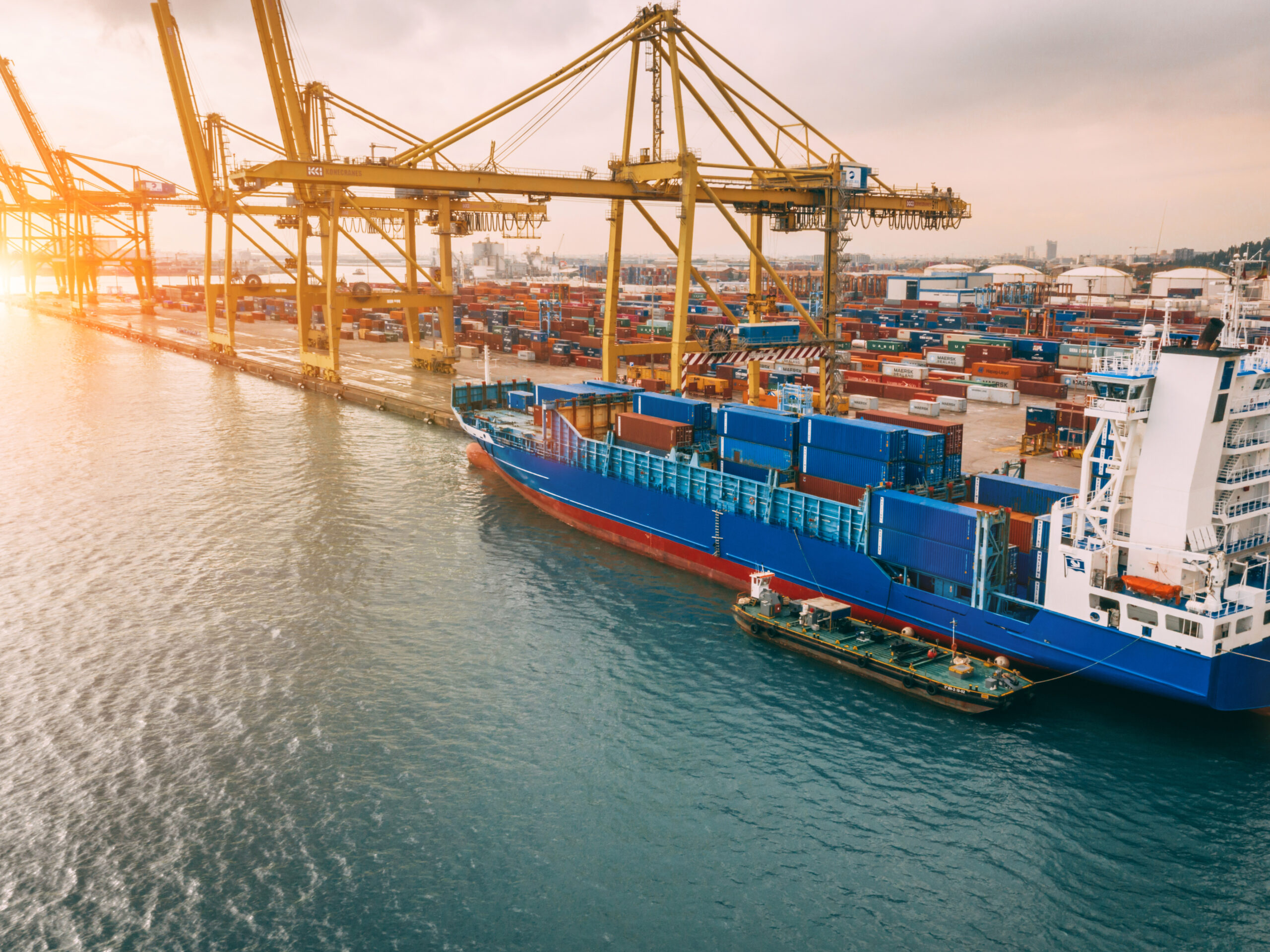Risk Insider: Joe Boren
Do You Want Dirty Water?
I had dinner with a few old friends last night. While we have slightly different views on a myriad of subjects — we are those old friends who would argue over whether Willie Mays or Mickey Mantle was New York’s best centerfielder.
We always talk baseball and we always talk politics. My pal Sandy started to deliver his usual over-regulation-of-America speech. I let it go for a while. Until I no longer could.
I asked Sandy if he wanted his children to be able to continue drinking clean water. Simple question: When you turn on the tap, do you want clean water or toxic water?
Imagine you live in Toledo, Ohio, and you wake up and hear the drinking water is contaminated. Don’t drink it. Don’t bathe in it. According to the New York Times a half million residents had no water.
Try living without water for one day and maybe then you will feel like a resident of Toledo, or those in West Virginia, where the spill from Freedom Chemical poisoned that water supply.
My pal Sandy started to deliver his usual over-regulation-of-America speech. I let it go for a while. Until I no longer could.
Think this is only happening in Toledo or West Virginia? Think again.
Of all the Great Lakes, it so happens that Lake Erie is surrounded by the most development. The poison ends up in the drinking water supply as a result of leaky septic systems, fertilized farms and cattle feedlots. It gets washed into the ground water, into the lake, into someone’s water supply.
Toledo is not an isolated situation. We have many other areas affected by lakes and rivers around our great country that are exposed to the same pollutants.
This past April was the 20th anniversary of the cryptosporidium — a parasite outbreak in Milwaukee. According to the Milwaukee Journal Sentinel, 403,000 people in the five county metropolitan area were sickened and 69 people with weakened immune systems died.
The parasite was caused by farm runoff into the water supply and through a water treatment plant that had some defects. Milwaukee learned a major lesson, spent the necessary money on its infrastructure and has avoided a recurrence of this problem.
So when you think about over regulation, ask yourself if you want farm runoff in your water supply? Water that is then sent to a defective water treatment plant because we haven’t spent the necessary money on our infrastructure.
Our industry will provide insurance for these facilities, water treatment plants are an example, but only if we are comfortable they are being regulated and made to correct defects. We will also insure industries as someone did for Freedom Chemicals.
However, in the future, obtaining coverage will depend on the insurance industry knowing that regulators are doing their job.
As for me, I want my children and grandchildren to turn on the tap and get a clean healthy water supply.
Read all of Joe Boren’s Risk Insider contributions.









